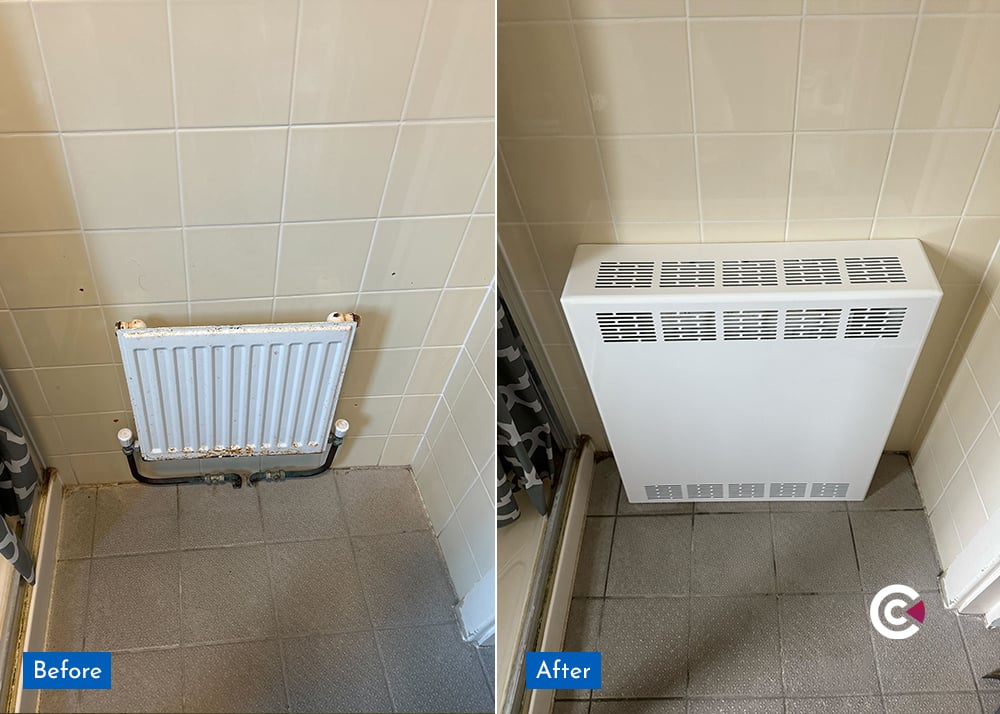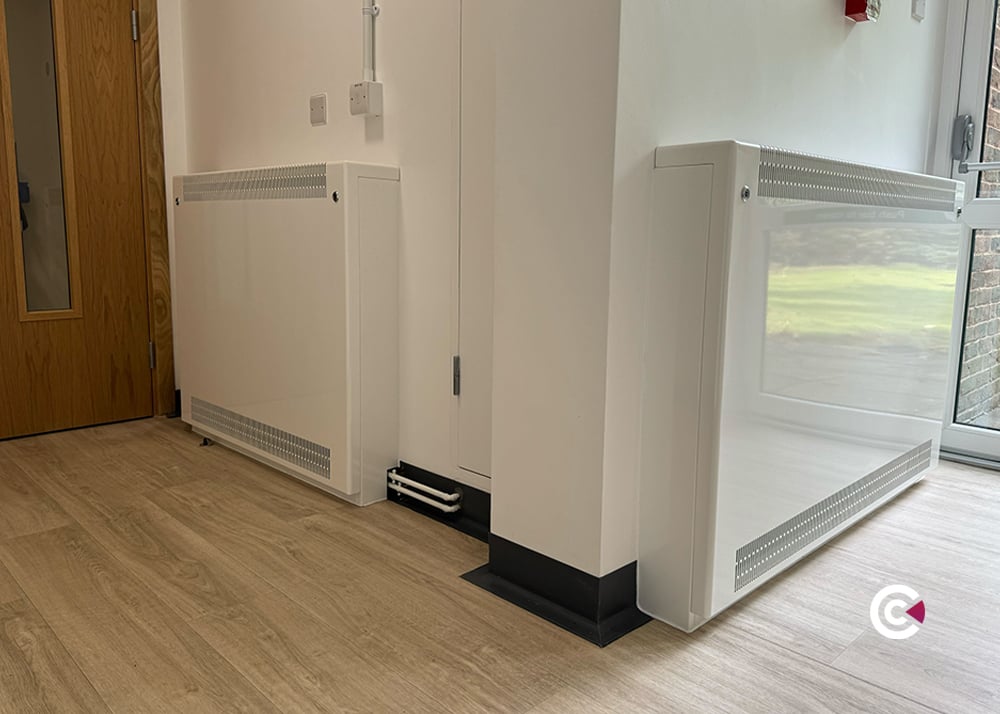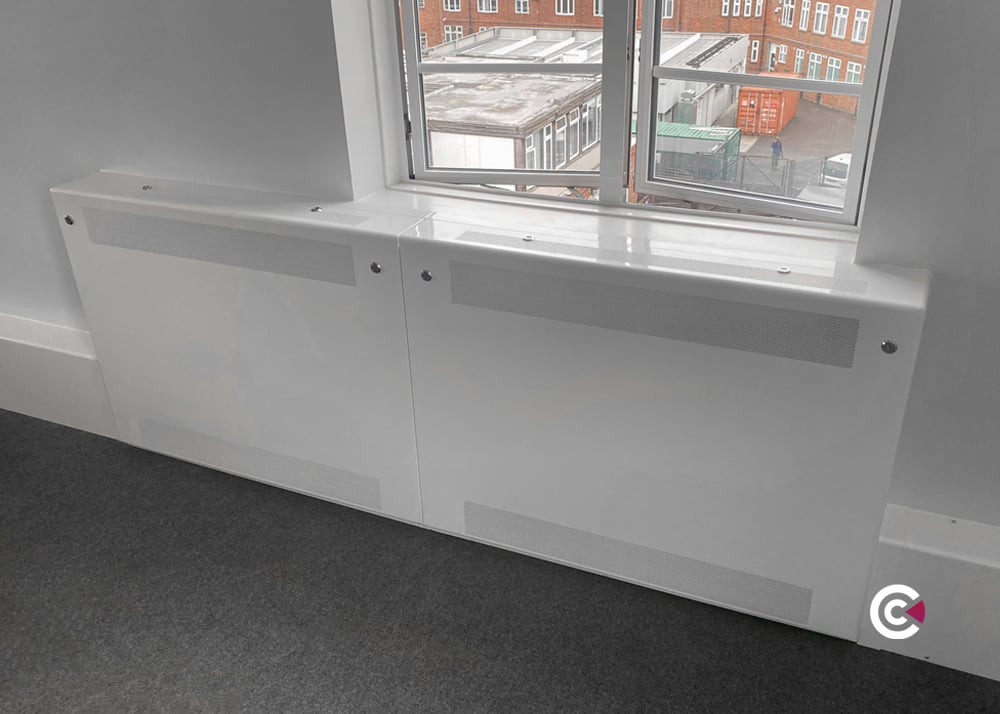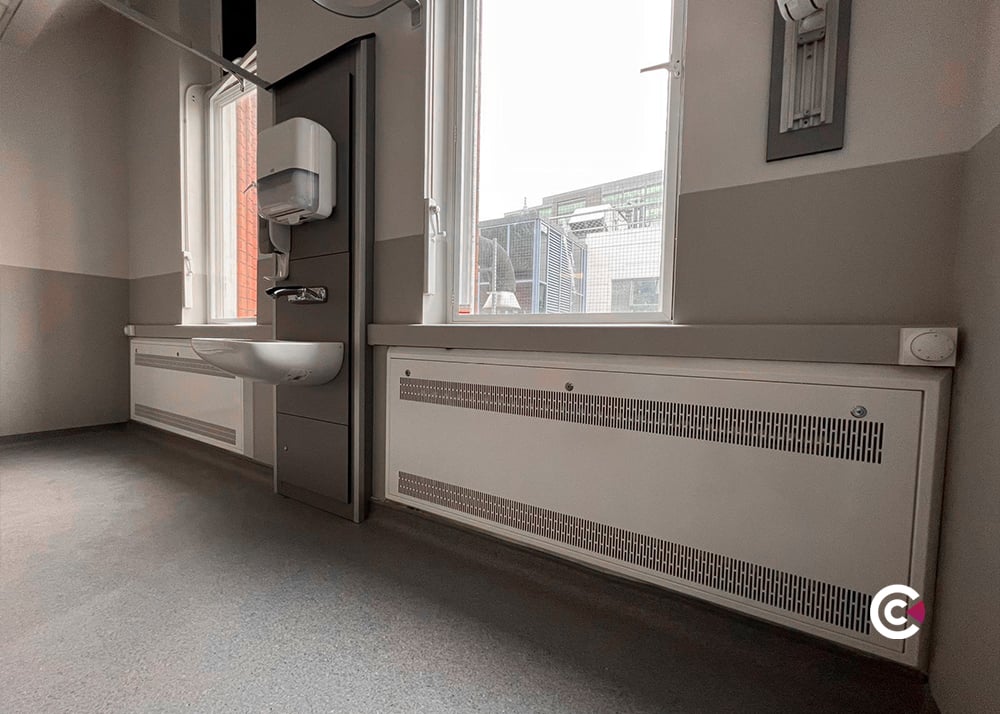On a daily basis in a communal environment, pathogenic microorganisms can be easily transferred from reservoirs on high-use hand-touch sites. In places where the space occupants are more vulnerable to infections like care homes, the threat of pathogenic microorganisms is an even bigger concern. These microorganisms can thrive on high-touch surfaces, such as radiator covers, in high-traffic areas like corridors, posing a significant risk to residents.
Discover the importance of antimicrobial solutions in care environments and their role in infection prevention and control (IPC) to safeguard the well-being and health of residents.
The Vulnerability of Care Home Residents
Care homes are more than just medical facilities; they are places where residents expect to feel safe, comfortable, and well-cared for. Unfortunately, the risk of infectious outbreaks, including pathogens like C. difficile, E. coli and MRSA, can shatter this sense of security, subjecting residents to distressing physical symptoms and, in extreme cases, potential fatality.
For individuals residing in care homes, infections can be particularly serious, exacerbating existing medical conditions and negatively impacting their overall quality of life.
Easy Transmission of Infections in Care Homes
Care homes are unique environments where residents have close and regular contact with staff, other residents, family, and friends. This close-knit community and shared living spaces make these facilities hotbeds for the easy transmission of infections. Therefore, effective infection prevention and control are paramount.
Infection Prevention and Control (IPC)
IPC is a practical, evidence-based approach to preventing avoidable infections and harm to both patients and healthcare workers. It involves continuous action at all levels of the healthcare system, from policymakers and facility managers to healthcare workers and patients.
It is universally relevant to every health worker and patient, at every health care interaction. Inadequate IPC can result in harm and even loss of life, making it impossible to achieve quality healthcare delivery.
The Role of Antimicrobials
Antimicrobial solutions play a vital role in reducing the risk of infections within care homes. Antimicrobial-treated materials can inhibit growth or kill some percentage of microorganisms over long periods of time, helping with odour control, material protection and infection control of the area.
These substances can be incorporated into various materials and products for two primary reasons:
Protection from Microbial Degradation
Many materials, such as wood, polymers, adhesives, foams, and fabrics, are susceptible to damage from microorganisms that thrive on embedded nutrients. Antimicrobial agents are added to protect these materials from degradation and prevent microbial contamination, which can lead to stains and odours.
Reducing Pathogen Colonisation
Antimicrobials can be added to products or integrated into materials to deter the colonisation of human pathogens, especially in healthcare settings which are more likely to become contaminated with pathogens and aid infectious disease transmission.
Antimicrobial Radiator vs Conventional Radiators
Conventional radiators, typically pose a considerable challenge when it comes to maintaining a hygienic environment. The conventional design and composition make it impossible to reach all surfaces of the radiators for thorough cleaning. They often harbour spaces that are difficult to access and create hiding spots for pathogens.
This can lead to the persistence of microbial reservoirs on radiator surfaces, potentially resulting in the transmission of pathogens.
Antimicrobial radiators, such as the DeepClean LST range are treated with antimicrobial technology and designed with a focus on infection control. The antimicrobial technology used (BioCote®) has been proven to reduce microbes by up to 99.99% to provide added protection.
|
Criteria |
Antimicrobial Radiators |
Conventional Radiators |
|
Cleaning Ease |
Easy access for thorough cleaning, with a unique easy-to-open front panel. |
Cleaning can be challenging due to intricate design and difficult-to-reach spaces. |
|
Infection Prevention |
Built-in BioCote® Antimicrobial protection reduces microbes by up to 99.99%. |
Limited ability to inhibit microbial growth, potentially contributing to infection transmission. |
|
Risk of Microbial Growth |
Reduced risk with antimicrobial properties, limiting the persistence of pathogens. |
Higher risk due to complex structures, providing hiding spots for microbes. |
|
Overall Hygiene Standards |
Contributes significantly to maintaining high hygiene standards in care environments. |
May fall short of meeting infection control requirements. |
Infection Control Solution with DeepClean Antimicrobial LST
Infections in care homes can have devastating consequences for residents. As care homes continue to face scrutiny regarding infection control, it’s crucial to take an extra step in your infection control strategy (Check out these 5 infection control measures for care environments), Antimicrobial technology comes in as a solution. incorporate antimicrobial protection into various products and materials used in patient care areas.
For example, The DeepClean LST radiators with built-in BioCote® Antimicrobial protection, which has been proven to reduce microbes by up to 99.99%. This technology works continuously to minimise microbe levels on treated products, offering an additional layer of defence against the transmission of Healthcare-Associated Infections (HAIs).
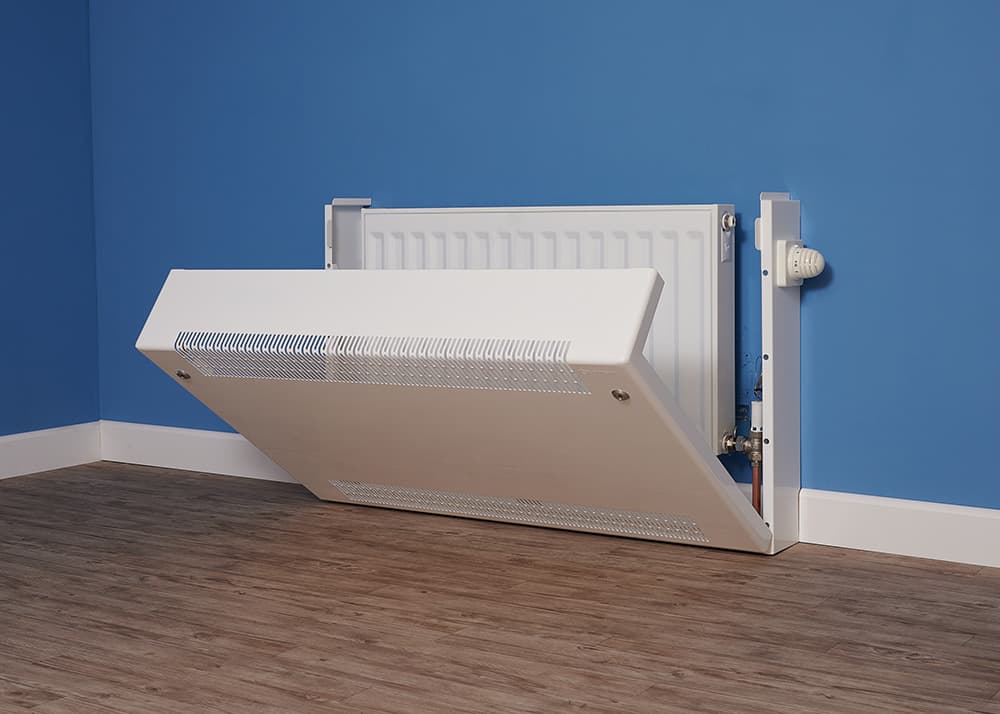
The DeepClean LST range is also designed with easy access for regular cleaning. The unique drop-down removable door of the DeepClean can lie flat to the floor when fully open, which facilitates complete removal of the door if required for thorough cleaning and maintaining high hygiene standards.
The DeepClean range is powder coated both inside and outside, incorporating BioCote® protection technology, providing an additional layer of defence against the transmission of infectious diseases within care homes and nursing environments.
Find out how antimicrobial LST can simplify your facility hygiene management. Get in touch today and book a consultation with one of our heating experts.
-1.png)

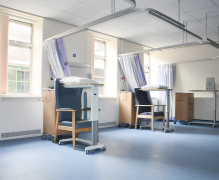
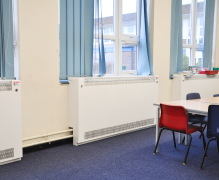
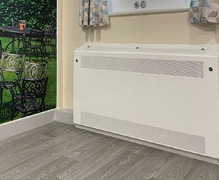
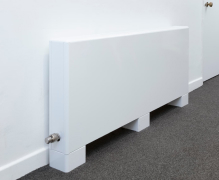
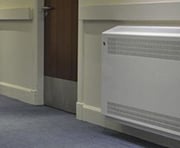
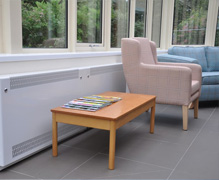

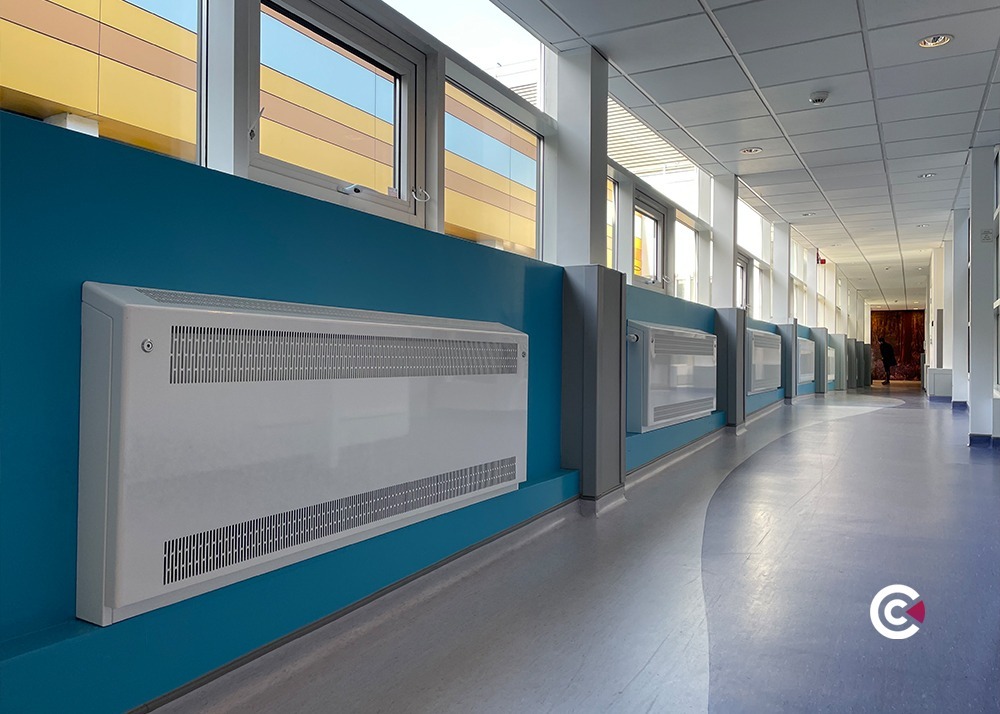
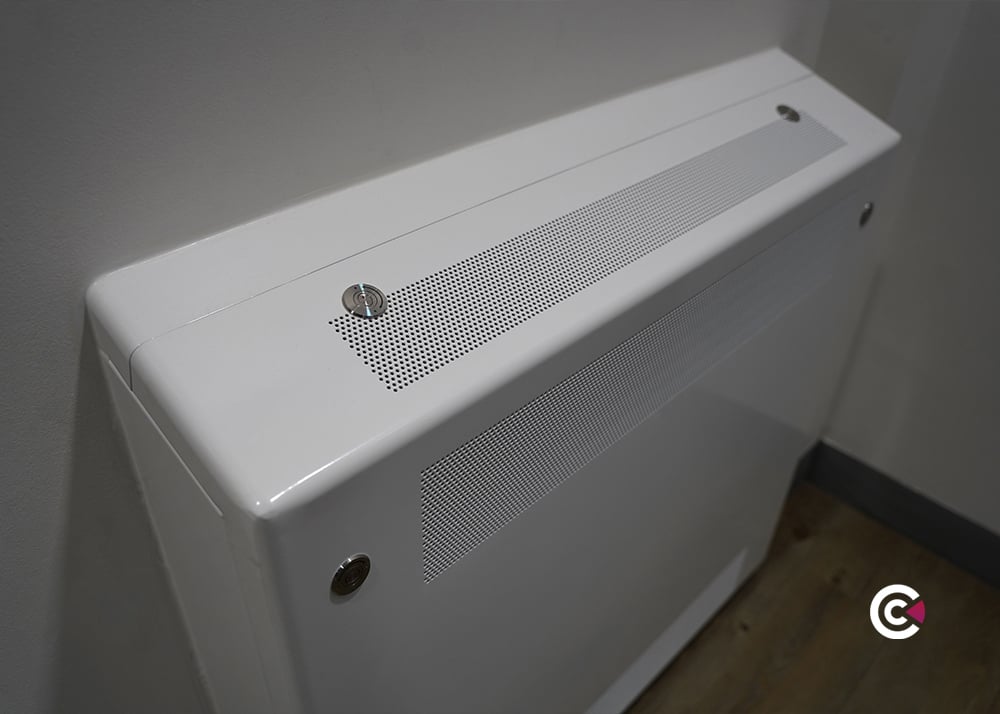

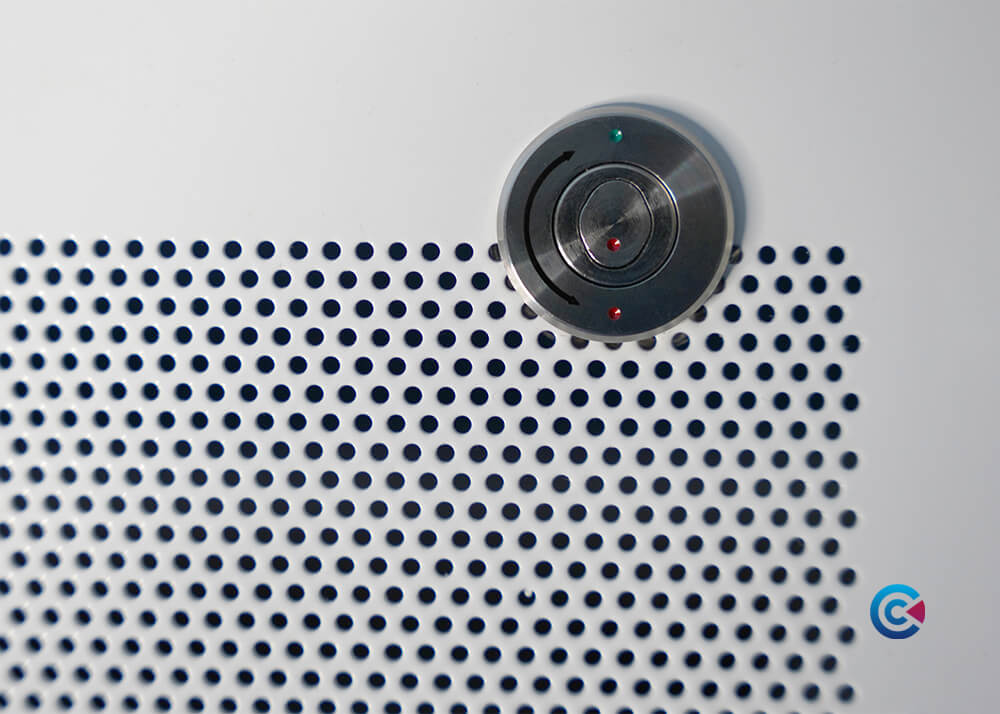





/anti-ligature%20vent%20grilles.jpg)

